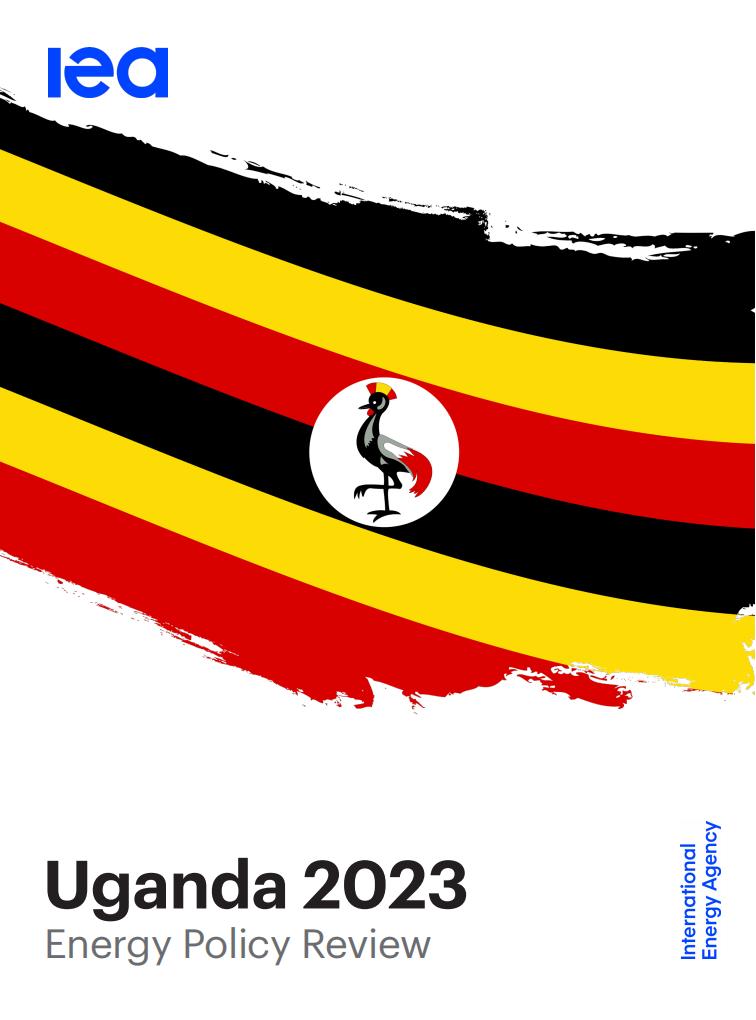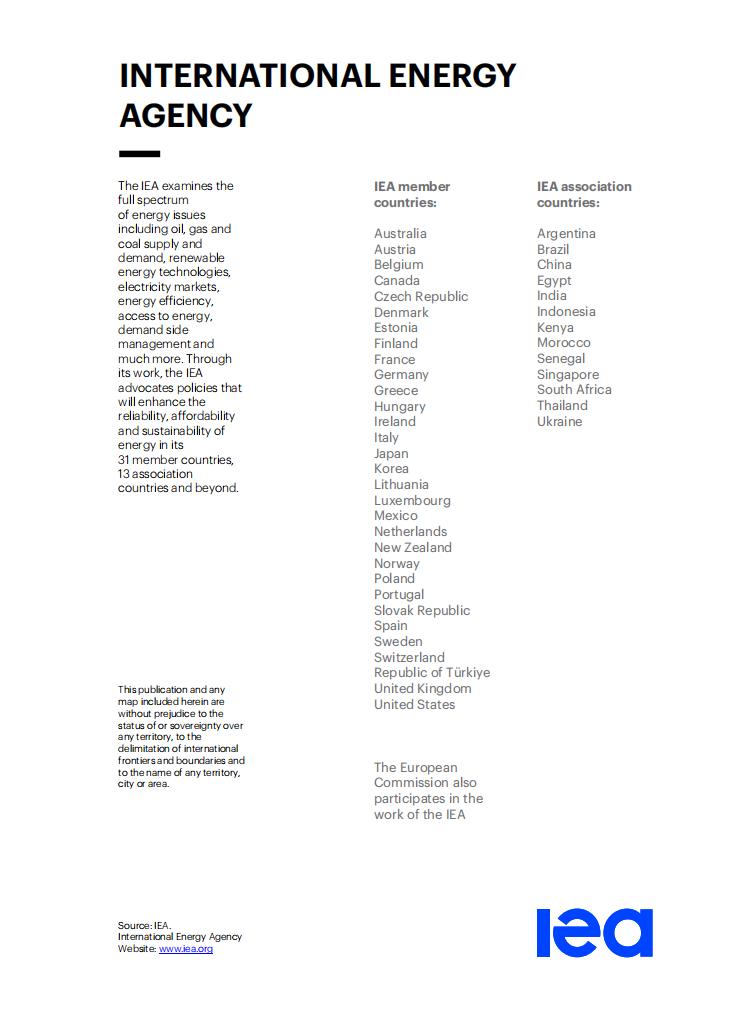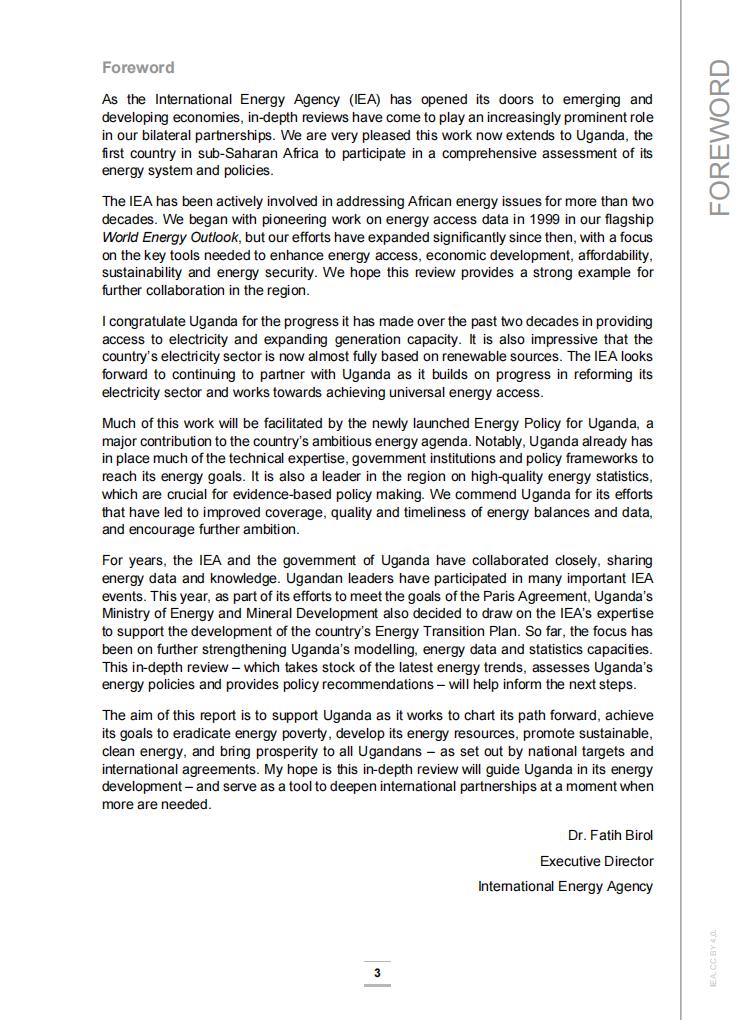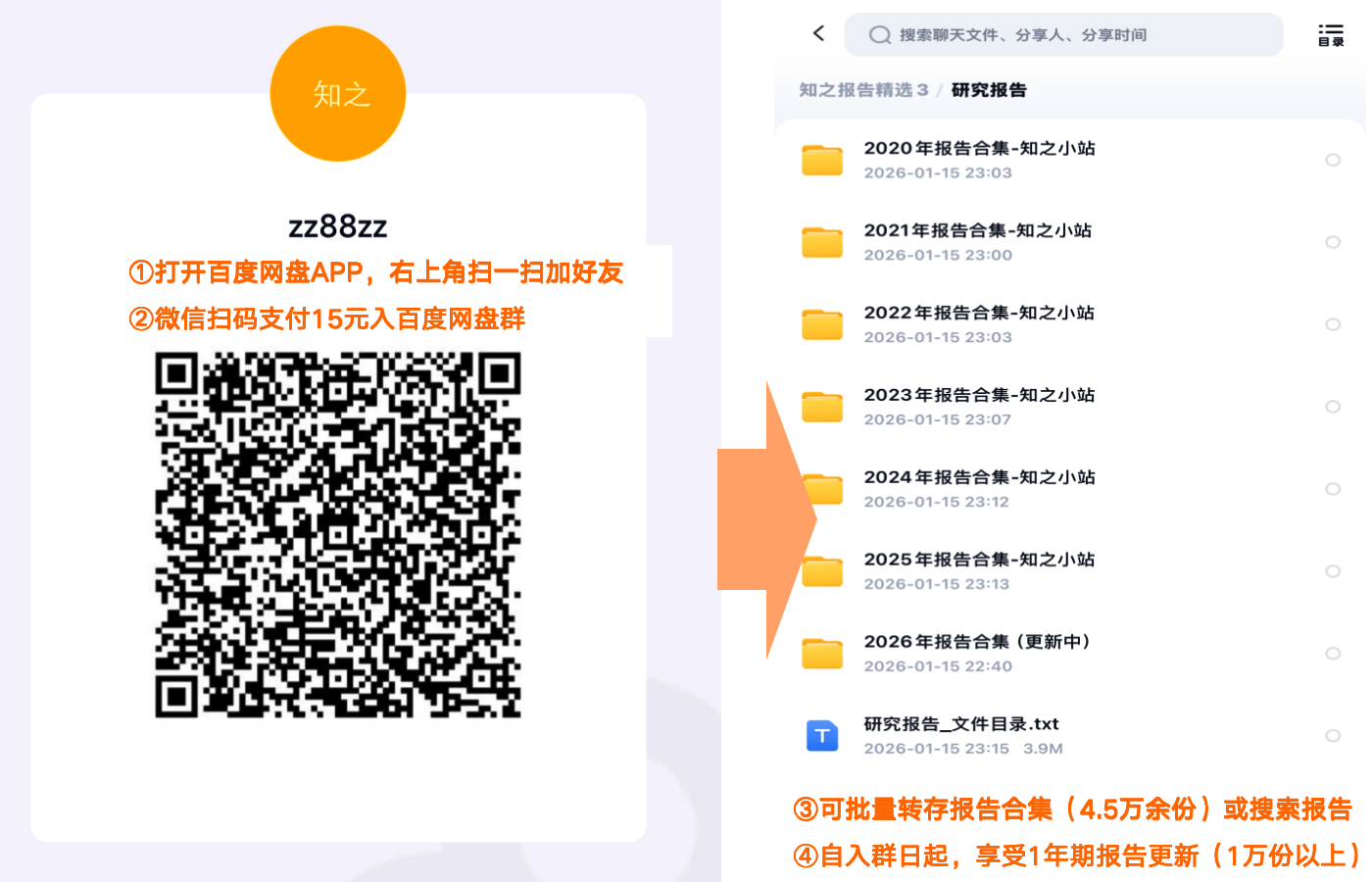Foreword
As the Intemational Energy Agency(IEA)has opened its doors to emerging anddeveloping economies,in-depth reviews have come to play an increasingly prominent rolein our bilateral partnerships.We are very pleased this work now extends to Uganda,thefirst country in sub-Saharan Africa to participate in a comprehensive assessment of itsenergy system and policies.
The IEA has been actively involved in addressing African energy issues for more than twodecades.We began with pioneering work on energy access data in 1999 in our flagshipWorld Energy Outlook,but our efforts have expanded significantly since then,with a focuson the key tools needed to enhance energy access,economic development,affordability,sustainability and energy security.We hope this review provides a strong example forfurther collaboration in the region.
I congratulate Uganda for the progress it has made over the past two decades in providingaccess to electricity and expanding generation capacity.It is also impressive that thecountry’s electricity sector is now almost fully based on renewable sources.The IEA looksforward to continuing to partner with Uganda as it builds on progress in reforming itselectricity sector and works towards achieving universal energy access.
Much of this work will be facilitated by the newly launched Energy Policy for Uganda,amajor contribution to the country’s ambitious energy agenda.Notably,Uganda already hasin place much of the technical expertise,govemment institutions and policy frameworks toreach its energy goals.It is also a leader in the region on high-quality energy statistics,which are crucial for evidence-based policy making.We commend Uganda for its effortsthat have led to improved coverage,quality and timeliness of energy balances and data,and encourage further ambition.
For years,the IEA and the government of Uganda have collaborated dlosely,sharingenergy data and knowledge.Ugandan leaders have participated in many important IEAevents.This year,as part of its efforts to meet the goals of the Paris Agreement,Uganda’sMinistry of Energy and Mineral Development also decided to draw on the IEA’s expertiseto support the development of the country’s Energy Transition Plan.So far,the focus hasbeen on further strengthening Uganda’s modelling,energy data and statistics capacities.This in-depth review-which takes stock of the latest energy trends,assesses Uganda’senergy policies and provides policy recommendations -will help inform the next steps.
The aim of this report is to support Uganda as it works to chart its path forward,achieveits goals to eradicate energy poverty,develop its energy resources,promote sustainable,clean energy,and bring prosperity to all Ugandans -as set out by national targets andinternational agreements.My hope is this in-depth review will guide Uganda in its energydevelopment-and serve as a tool to deepen international partnerships at a moment whenmore are needed.



本文来自知之小站
报告已上传百度网盘群,限时15元即可入群及获得1年期更新
(如无法加入或其他事宜可联系zzxz_88@163.com)
